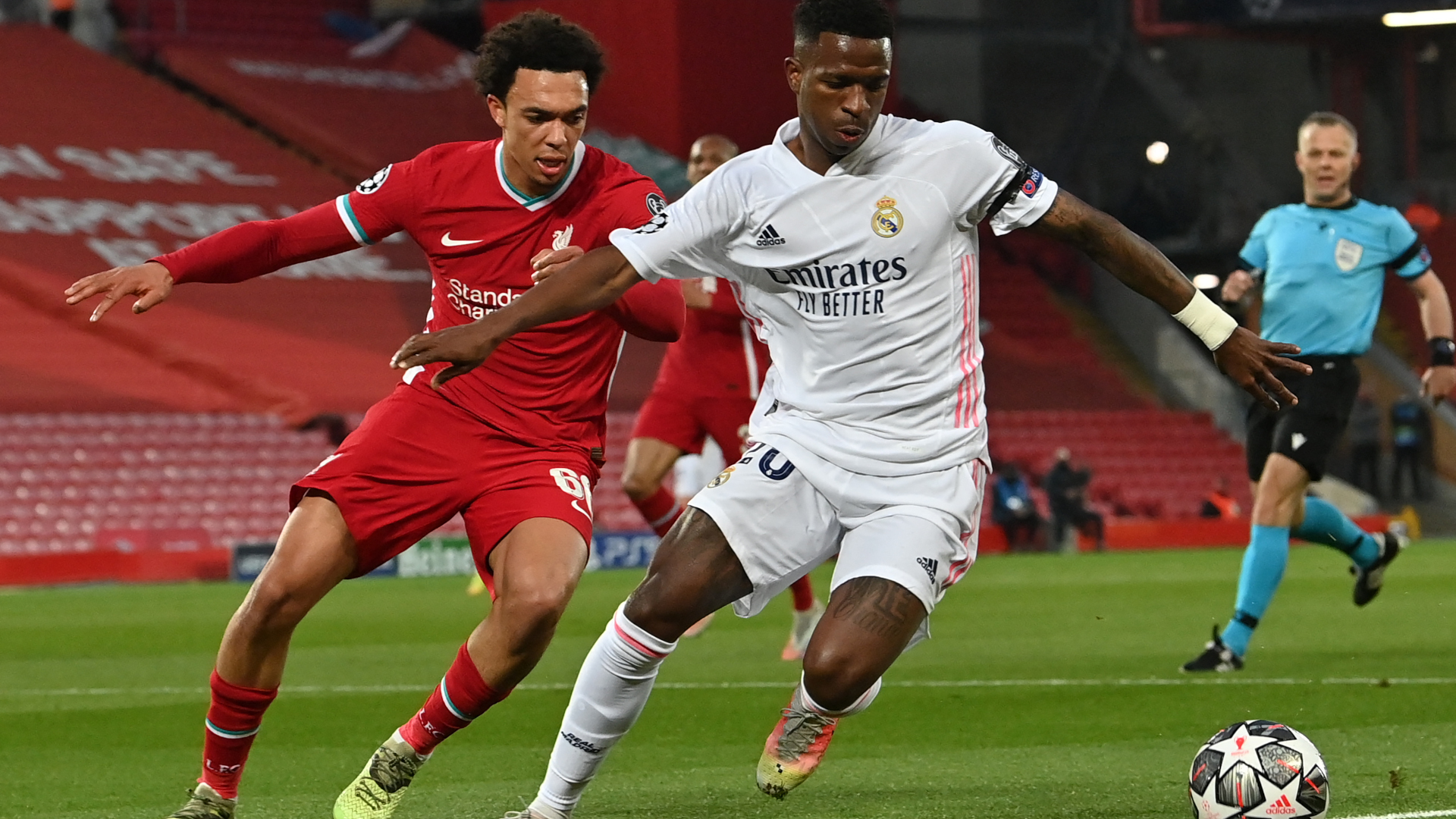From elite football clubs to elite global brands: Why top teams are turning to digital technology
The clubs that will succeed are the ones that behave not simply as a sporting organization, but as a brand

Sign up for breaking news, reviews, opinion, top tech deals, and more.
You are now subscribed
Your newsletter sign-up was successful
The football season is now firmly underway, and some things never change – fans will still pile into stands to watch games live, and venues will be packed out for the biggest matches.
But in other areas the sports industry is undergoing large-scale change, as clubs and governing bodies embrace digital technologies to transform their brand, become more sustainable and get closer to their fans. One reason for this, looking at top-level football as an example, is the reality that from a revenue perspective, matchday sales and ticket revenue has been overtaken by broader commercial partnerships and activities.
With competitiveness on the field so closely linked to running a slick operation off it, it is no surprise that clubs are starting to think more like global brands than ever before, and are implementing the latest digital technologies to achieve their new-found brand ambitions. The latest customer experience technologies – used by the world’s biggest brands to deliver personalized interactions with their customers at scale – seemingly hold the key to forging closer ties to the hardcore fans at home, while also attracting new fans and growing the brand abroad.
Meeting the expectations of the modern football fan
When it comes to digital engagement, today’s football fan wants three things: content, community and a connection with the team. The challenge for clubs comes in understanding each fan as an individual and promoting the most relevant content to the right person at the right time.
Wherever they are, fans have an insatiable appetite for digital content. Whether it’s the latest club news, exclusive video content from their favourite players or showing what goes on behind the scenes, technology plays an essential role in understanding which content will appeal most to which fan and delivering it to them at the right time.

Some of the world’s elite clubs have already recognized the importance of taking a personal approach with each fan, with European super clubs Real Madrid and FC Bayern recently adopting Adobe’s customer data platforms to capture, analyse and act on the data their fans share with them in real-time.
By generating an in-depth profile for each fan based on where they live, the content they have engaged with in the past and items they’ve purchased in the club shop, both clubs will be able to create more relevant content, and even deliver personalized offers and recommendations for tickets, concessions in the ground or merchandise from the club’s online store.
Sign up to the TechRadar Pro newsletter to get all the top news, opinion, features and guidance your business needs to succeed!
In doing so, the clubs build a deeper connection with each fan, no matter where they live, fortifying the sense of community that is what being a football fan is really all about.
Innovate off the pitch to find victory on it
Growing the fanbase internationally isn’t just about gaining brand recognition beyond the home market, it’s essential for growing club revenue today and in the future. Without the local or family ties that often bind football fans to their nearest club, attracting the international fan is a new battleground for elite clubs that directly benefits the bottom line.
In any business, the key to success is maintaining the relationship with existing customers, while also attracting new customers and expanding into new markets, and it’s no different for football clubs. The link between commercial success off the pitch and sporting success on it grows stronger every season, forcing clubs to approach fan engagement in the same way that the most successful brands approach customer engagement.
Those clubs that are quick to recognize the importance of building long-lasting connections with the international fans and behaving like an elite brand as well as an elite club, will thrive commercially and be well positioned to invest those revenues in areas that deliver on-pitch success.

More than a sports club
Modern football is undoubtedly a global industry. The expensive and intensive international pre-season tours to Asia, North America and even Australia is evidence that even the world’s biggest clubs recognize the need to grow their fanbase in new markets, and the investment in technologies to keep those fans engaged after the team returns to start the season shows how important those fans are to their future.
Fans are the lifeblood of the club, driving not just revenue, but also identity. Attracting, engaging, and entertaining that audience is a competitive field, and one that requires passion and creativity.
The clubs that will succeed are the ones that behave not simply as a sporting organization, but as a brand. That evolution requires clubs to actively invest in teams, technology, and tactics off of the pitch in order to continue to maintain and grow the all-important lifeblood of football...the fans.
- Our list of the best online marketing services around
Simon Morris, VP of Solution Consulting at ServiceNow.